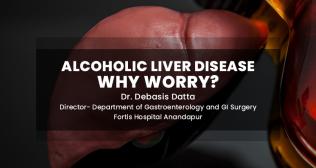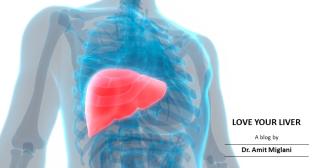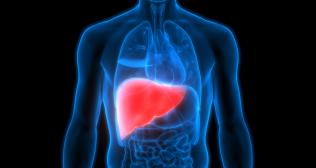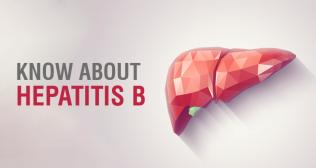
What is Acid Peptic Disease? Causes, Symptoms, and Treatment
What is Acid Peptic Disease?
Acid Peptic Disease (APD) is a set of conditions characterized by an imbalance between acid secretion and gastric mucosal defenses, which can manifest as peptic ulcer disease, gastroesophageal reflux disease (GERD), and stress-related mucosal injury. The cause of this imbalance may be attributed to either excessive acid secretion or decreased gastric mucosal defense.
In other words, acid peptic diseases, also known as acid peptic disorders, happen because of damage from acid and peptic activity in gastric secretions.
These disorders mostly affect the stomach, esophagus, and duodenum. Learn more about acid peptic disorders as doctors at Fortis Hospital, Mulund, explain the symptoms, causes, and how you can treat and manage these conditions.
What Causes Peptic Acid Disease?
Causes of acid peptic disease include:
Helicobacter pylori: Infection with H.pylori accounts for around 60-90 percent of all gastric and duodenal ulcers.
NSAIDs: Using nonsteroidal anti-inflammatory drugs (NSAIDs) such as aspirin and diclofenac can prevent the production of prostaglandins, which protect the mucus lining of the stomach, by blocking cyclo-oxygenase enzyme leading to bleeding and ulceration.
Alcohol and smoking: Alcohol and cigarette use causes instant and intense production of acid.
Steroids and other medicines: Drugs such as corticosteroids, NSAIDs, niacin, and some chemotherapy drugs can aggravate or cause ulcers.
Blood group O: Individuals with blood group O have been linked to a higher risk of developing stomach ulcers.
Heredity: People with a family history of peptic ulcer diseases, particularly duodenal ulcers, have a greater risk of developing these conditions.
Diet: Consuming a low-fiber diet, caffeinated drinks, and fatty foods are linked to the development of peptic ulcers.
Stress: Stress and neurological problems have been linked with peptic ulcers and the Cushing ulcer.
Diseases: Several conditions and diseases such as chronic liver, lung, and kidney diseases, Zollinger-Ellison Syndrome, etc, all predispose to peptic ulcers. Endocrine disorders such as hyperparathyroidism may also play a role in the development of peptic ulcers.
Symptoms of Acid Peptic Disease
Gastric and duodenal ulcers usually have common symptoms, including
Heartburn
Nausea
Vomiting
Water Brash
Loss of appetite
Weight Loss
Passing blood in stool
Gastric outlet obstruction
Bleeding and perforation of the ulcer
Treatment for Acid Peptic Disease
Your physician can only recommend the type of treatment that works best for you. However, common treatment options for the peptic acid disease include:
Antacids – these are medicines that provide quick relief by neutralizing the acid in the stomach, relieving indigestion and heartburn.
H2 receptor blockers – more effective than antacids, these medicines reduce the amount of acid secreted by cells in the lining of the stomach.
Proton pump inhibitors – these medicines can stop the secretion of stomach acid.
Eradication of H.pylori – certain antibiotics in combination with either a proton pump inhibitor or bismuth compound can help achieve eradication rates of 90 percent or greater.
Surgery – Surgical treatment may be required if medications do not work or in cases of complication.
Making certain dietary and lifestyle modifications such as avoiding alcohol, tobacco, cigarettes, coffee, spicy, oily foods, aspirin, and other NSAIDs, etc, can help ease the symptoms, and aid the healing process, while also preventing ulcers from forming. People with APDs should eat a healthy balanced diet.
Gastroenterology Care at Fortis Hospital Mumbai
At Fortis Mulund, our experts in dozens of specialties work together to ensure high-quality care and successful recovery. Consult a gastroenterology specialist to diagnose and treat digestive diseases, including acid peptic disorders.
Categories
Clear allMeet the doctor

- Gastroenterology and Hepatobiliary Sciences | Gastroenterology | Gastrointestinal Surgery | Gastroenterology and Hepatobiliary Sciences
-
7 Years
-
2000



















